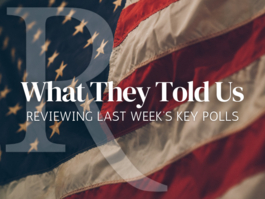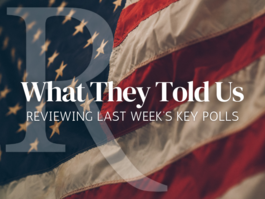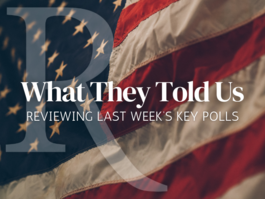Mitt's Master Act Not Beloved by All
A Commentary By Froma Harrop
It can't be by accident that Obama campaign adviser Robert Gibbs made the Sunday talk-show rounds using the word "masterful" to describe Mitt Romney's performance at the presidential debate. True, President Obama looked tired, while Romney was brimming with old ideas. But Romney's master-of-the-universe act was not universally admired. It will be turned on him.
Romney's trampling on moderator Jim Lehrer's gentle requests to observe the debate rules reminded many of the Bain Capital raptor who made a fortune off a strip-and-flip strategy that sent companies into oblivion after cheating workers of their pensions and even stiffing the guys delivering the coffee. Off his game last Thursday, Obama didn't make such connections. No doubt he will next time.
Obama also seemed unprepared for the new Romney tactic of flinging crumbs of compassion to the peasantry. After the cameras went off, the Romney staff took some of the crumbs back, particularly the ones seeming to support more health-coverage security for workers -- but how many noticed?
In a related divide-and-conquer strategy, Romney made a point of reassuring Americans 55 and older that their generous Medicare-as-we-know-it benefits were safe. In the real world, it won't be. The idea that Americans born after 1957 (who will become more numerous as time goes on) will meekly pay taxes to support a benefit level far above what they will get is most unrealistic.
The centerpiece of the debate was Romney's plan for $5 trillion in tax cuts. The Republican held that they would not add to deficits because any lost revenues would be covered by closing various tax loopholes and deductions. When Obama noted that Romney had refused to name a single example, Romney brushed aside the impertinence. With all the self-assurance of George W. Bush, he insisted that the revenues would appear and that was that.
In a new ad, Romney says in his take-charge way, "There's no economist that can say Mitt Romney's tax plan adds $5 trillion if I say I will not add to the deficit with my tax plan.'' As Igor would say, "Yes, mahster."
But forgive a non-economist for taking the liberty to ask: If you are specific about cutting marginal rates by 20 percent, ending the estate tax and lowering corporate income taxes, and you insist those lost revenues will be made up by closing loopholes and deductions, aren't you a teensy bit obligated -- though master you may be -- to reveal what loopholes and deductions would go?
"Meet the Press" addressed Romney's silence on these details. Republican strategist Mike Murphy volunteered that Romney has talked about the mortgage-interest deduction. This is a tax deduction that, actually, doesn't make much economic sense, but is beloved by many middle-class homeowners.
If Romney wanted to shrink or end it in service of cutting deficits, he would deserve credit for a politically courageous proposal. But his plan is to shrink the loopholes and deductions not to lower deficits, but to cover additional tax cuts for the rich.
And no, his numbers don't work. To make the tax cut revenue-neutral, he'd have to break his vow to maintain the wealthy's overall tax burden. The nonpartisan Tax Policy Center says you can't cut rich people's tax rates by 20 percent and make up for the lost revenues without collecting more taxes from the middle class.
Team Romney was understandably bucked up by Obama's failure to punch back. But Obama and his people eventually will. When they do, the master-of-the-universe bit will get taken apart -- and in a masterful way.
COPYRIGHT 2012 THE PROVIDENCE JOURNAL CO.
DISTRIBUTED BY CREATORS.COM
See Other Political Commentary.
See Other Commentaries by Froma Harrop.
Views expressed in this column are those of the author, not those of Rasmussen Reports. Comments about this content should be directed to the author or syndicate.
Rasmussen Reports is a media company specializing in the collection, publication and distribution of public opinion information.
We conduct public opinion polls on a variety of topics to inform our audience on events in the news and other topics of interest. To ensure editorial control and independence, we pay for the polls ourselves and generate revenue through the sale of subscriptions, sponsorships, and advertising. Nightly polling on politics, business and lifestyle topics provides the content to update the Rasmussen Reports web site many times each day. If it's in the news, it's in our polls. Additionally, the data drives a daily update newsletter and various media outlets across the country.
Some information, including the Rasmussen Reports daily Presidential Tracking Poll and commentaries are available for free to the general public. Subscriptions are available for $4.95 a month or 34.95 a year that provide subscribers with exclusive access to more than 20 stories per week on upcoming elections, consumer confidence, and issues that affect us all. For those who are really into the numbers, Platinum Members can review demographic crosstabs and a full history of our data.
To learn more about our methodology, click here.



